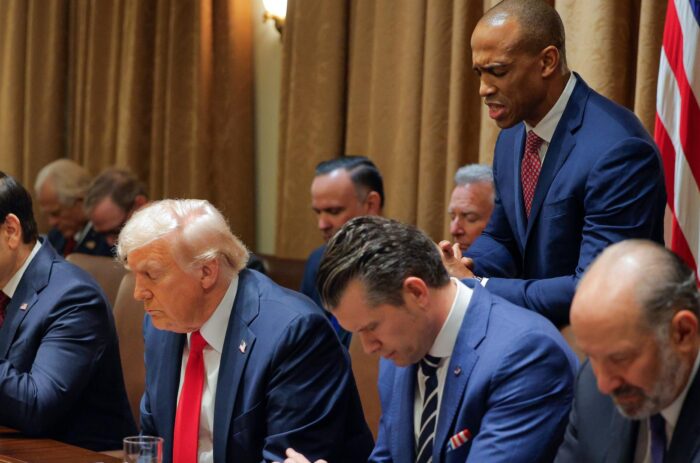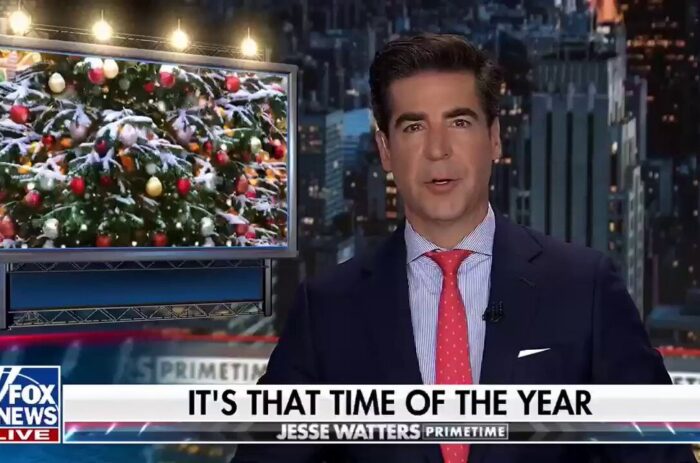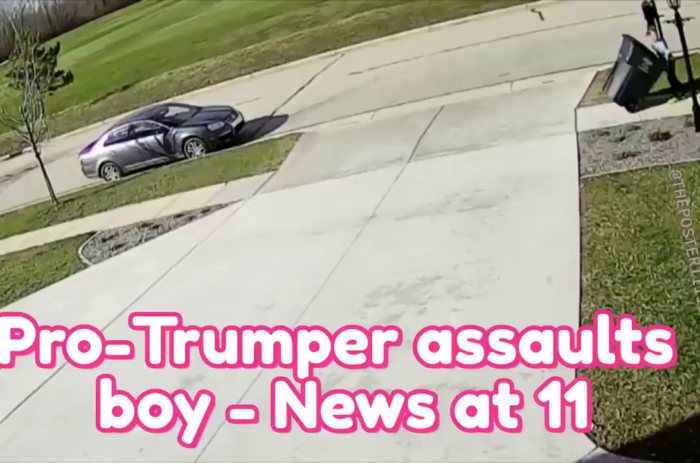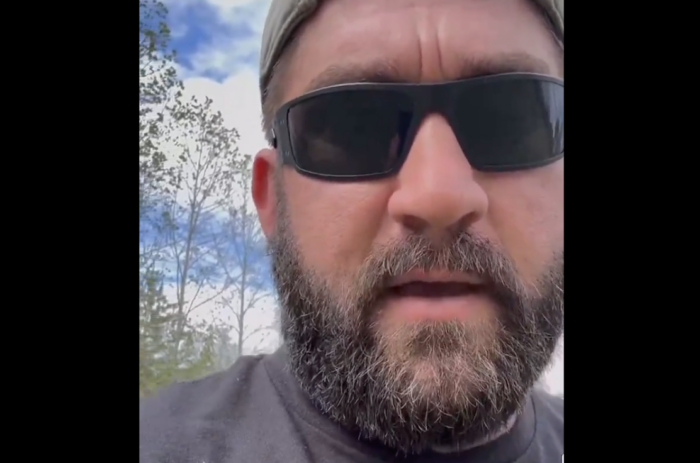NY Attorney Josh Schiller wrote in the Washington Post this week:
Fifty years ago this week, the Rev. Martin Luther King Jr. delivered his famous “I have a dream” speech. But in coverage of events celebrating its anniversary, the entirety of King’s address will rarely be reprinted, if at all, nor will viewers see footage of his speech delivered in full.
A few months after King delivered the speech, he sent a copy of the address to the U.S. Copyright office and listed the remarks as a “work not reproduced for sale.” In legal terms, this is also known as an unpublished work. He subsequently sued to enjoin two publishers from distributing phonographic reproductions of the address. One of the defendants, 20th Century Fox, had filmed and broadcast all of the speeches at the March on Washington at the request of the march’s organizers. From that material, it had reproduced the phonographs that were the subject of the injunction. But a court ruled that, although King had addressed a large public audience in an unrestricted public forum, reproduction without authorization was an infringement of King’s copyright. Performance of the speech, like the performance of a song or play in a public space, did not create a general waiver of King’s right to limit reproduction under the 1909 Copyright Act.
Since 1963, King and, posthumously, his estate have strictly enforced control over use of that speech and King’s likeness. A few years ago, the estate received more than $700,000 from the nonprofit foundation that created and built the monument to King on the Mall in order to use his words and image. The only legal way to reproduce King’s work – at least until it enters the public domain in 2038 – is to pay for a licensing fee, rates for which vary. (Individuals visiting the King Center can buy a recording of the “I have a dream” speech for $20. Licenses for media outlets run into the thousands.) …
Although it has been the subject of at least two lawsuits – the King estate sued CBS and USA Today for their use of the speech, reaching undisclosed settlements – a court has never examined whether and under what circumstances the “I have a dream” speech may be used without authorization in what’s considered a “fair use” exception.
One can imagine many transformative uses of the “I have a dream” speech – from posting it in social media platforms for people to share and remark upon, to quoting the text in song lyrics or in a film, documentary or other artistic work to conjure the strivings for social equality that were the essence of King’s speech and to celebrate a sense of shared accomplishment that followed.
As an attorney, I believe in respect for the law and observing copyright restrictions. But when it comes to observing the anniversary of such a public moment, one hopes that fair use will allow current generations to appreciate what happened 50 years ago this week and why it was such a moment in American history.
The public benefit of access to historical artifacts such as King’s speech is undeniable. Any restriction on public access to the content of such a historical artifact should be enforced with caution.



